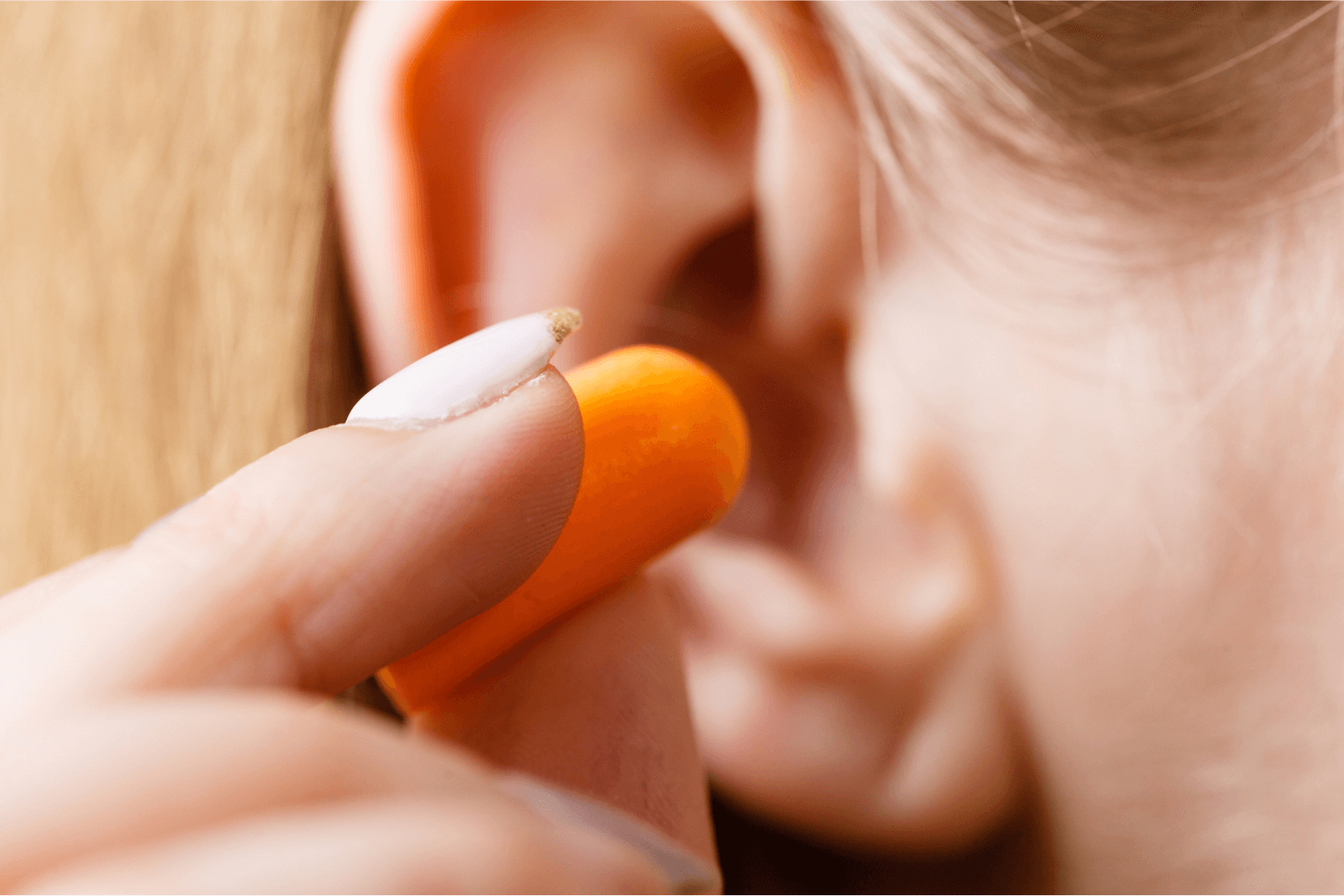
Hearing is a precious sense that plays a pivotal role in our daily lives. From enjoying music and conversations to staying alert to potential dangers, our ears are essential tools for navigating the world. Yet, in today’s noisy environment, our hearing is constantly at risk. Fortunately, there are several effective ways to protect your hearing and ensure auditory health. In this article, we will explore eight vital strategies to safeguard your ears and maintain optimal hearing abilities.
Control the Volume
One of the simplest and most effective ways to protect your hearing is to control the volume of sounds around you. Listening to music, watching TV, or attending concerts and events at excessive volumes can cause irreversible damage to your ears over time. To prevent this, follow the 60/60 rule: Keep the volume below 60% of the maximum level and limit listening time to 60 minutes at a stretch. Additionally, invest in noise-cancelling headphones to enjoy your favorite tunes at lower volumes without sacrificing audio quality.
Use Ear Protection
Whenever you find yourself in noisy environments, such as construction sites, music concerts, or even when using power tools, wearing ear protection is essential. Earplugs and earmuffs are readily available and can significantly reduce your exposure to harmful noise levels. Make it a habit to carry ear protection with you, especially if you have a job or hobby that involves loud sounds.
Maintain a Safe Distance
Maintaining a safe distance from loud sources of noise is another effective hearing protection strategy. When attending concerts or events with powerful sound systems, try to stand farther away from the speakers. This simple step can help reduce the intensity of sound reaching your ears and minimize potential damage.
Limit Earbud Usage
In the age of smartphones and portable music players, earbuds have become a common accessory. However, their close proximity to the eardrum can make them a potential threat to your hearing. To protect your ears, limit the use of earbuds and headphones, and opt for over-ear headphones when possible. Additionally, keep the volume at a reasonable level to avoid overexposure to loud music.
Take Breaks
If you work in a noisy environment or enjoy recreational activities with loud sounds, it’s crucial to take regular breaks. Prolonged exposure to noise can lead to cumulative damage over time. By giving your ears a chance to rest and recover, you can mitigate the risk of hearing loss. Use breaks to move to quieter areas or simply enjoy moments of silence.
Schedule Hearing Check-ups
Regular hearing check-ups are essential for monitoring your auditory health. Just like regular dental or eye exams, hearing assessments can detect any early signs of hearing loss. If issues are identified, early intervention can make a significant difference in preserving your hearing. Consult with an audiologist or healthcare professional to schedule periodic hearing tests, especially if you have a family history of hearing problems.
Avoid Excessive Use of Q-tips
Many people use Q-tips to clean their ears, believing it to be a hygiene practice. However, inserting objects like Q-tips into the ear canal can push earwax deeper, potentially causing blockages or damage to the delicate structures of the ear. Instead, practice gentle ear hygiene by letting the ears clean themselves naturally. If you experience excessive earwax buildup or discomfort, consult a healthcare provider for safe and effective removal.
Be Mindful of Medications
Certain medications, known as ototoxic drugs, have the potential to harm your hearing. These drugs can damage the inner ear and lead to hearing loss or balance problems. If you are prescribed any medication, discuss potential side effects, including their impact on your hearing, with your healthcare provider. They can help you weigh the risks and benefits and explore alternative medications if necessary.
Putting It All Together
Your hearing is a valuable asset that should be protected throughout your life. By following these eight strategies, you can take proactive steps to safeguard your auditory health and reduce the risk of hearing loss. Remember to control the volume, use ear protection, maintain a safe distance from loud sources, limit earbud usage, take breaks in noisy environments, schedule regular hearing check-ups, avoid excessive use of Q-tips, and be mindful of medications. Incorporating these practices into your daily life will help you enjoy a lifetime of clear and healthy hearing.
Prioritizing your auditory health not only enhances your quality of life but also ensures that you can fully participate in conversations, appreciate the beauty of music, and stay attuned to your surroundings. Start protecting your hearing today, and you’ll reap the benefits for years to come.
